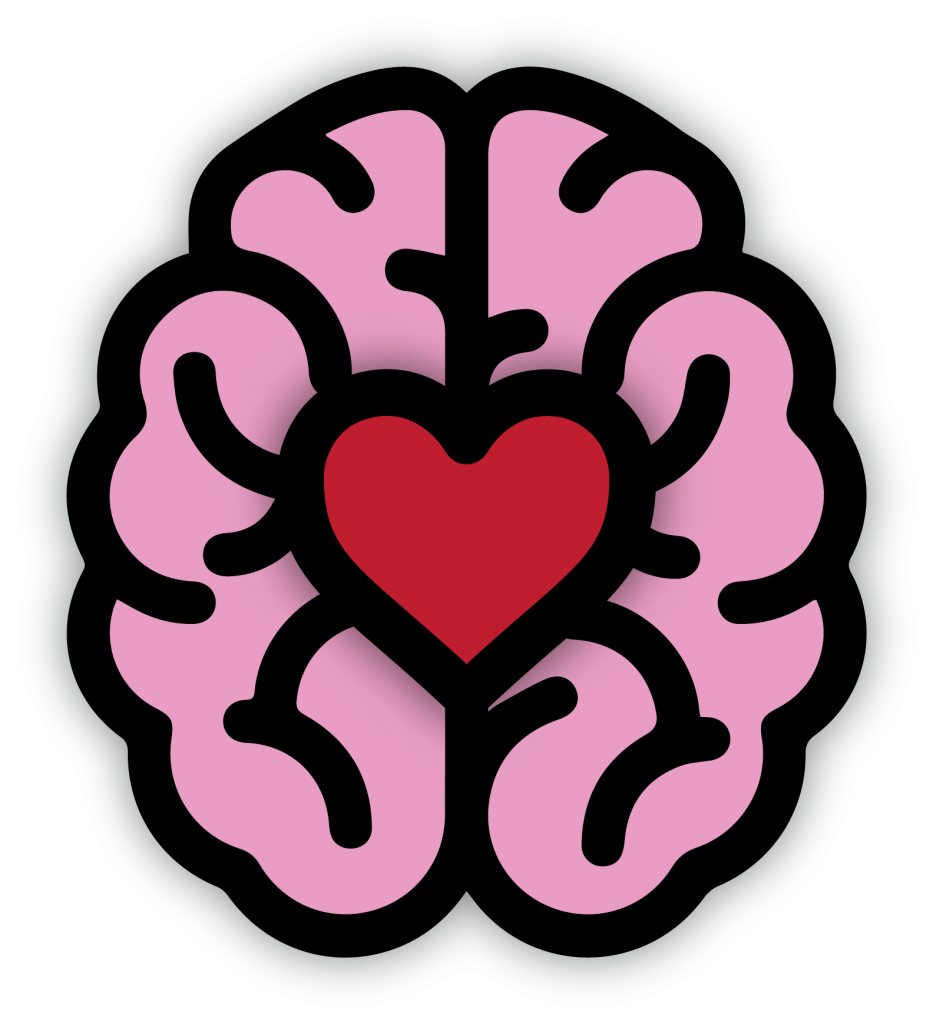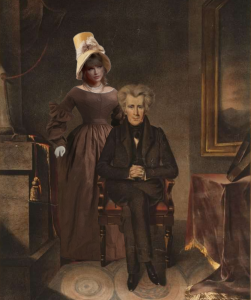One time, I was sick and had excruciating pain in my leg, but later that night, I fell asleep to a heavy metal song on repeat, which had been recommended to me by my then-boyfriend. I do not like loud noises of any kind and am more of a soft R&B kinda gal, so this was definitely weird for me.
Another time, this guy who fancied me drove over 800 miles to surprise me with a gift in-person for my birthday. There was severe weather, and anyone in their right mind would have called it a day and resigned themself to finishing some work at home.
Most of us can relate to doing something completely out of character when we find ourselves falling in love with someone, which feels inexplicable at the time. There is some good news, though. I have scientific explanations for how we feel and what we do while falling in love.
Both the mesocorticolimbic system and the ventral tegmental area of the brain are involved in the process of cultivating a budding romance. A bunch of neurotransmitters and hormones are released into the nucleus accumbens, amygdala and the medial prefrontal cortex.
Too much science? Probably. But let me break it down:
The Cocaine Phase
The beginning of many relationships is perfectly magical, with a sprinkle of uncertainty that every part of you wants to explore. During this first phase, as you are unable to predict your partner’s responses, every action of theirs surprises you, hence piquing your curiosity. When you get back from seeing them, your confidence level is at an all-time high, and you feel invincible.
While you’re consciously swooning over your new-found love, your brain is whirring with signals all around to send messages about this new experience to the cells in your body. Neurotransmitters are the messengers that are used to communicate these messages to every cell in the brain, namely neurons.
One such neurotransmitter is dopamine, which is released from a tiny cone-shaped structure called the hypothalamus every time you are expecting a reward. So the next time you think about or see this special person of yours, your mind experiences euphoria due to the increase in dopamine levels, as you associate this special person with pleasure.
The important thing to note here is that dopamine changes all your focus to the source of pleasure, hence taking up all of your cognitive resources to work around this person. Surprise, surprise.
One of the major areas in the brain affected when you fall in love is the prefrontal cortex, which is responsible for executive functions, such as attention, impulse control, judgment and future planning. This explains why you’re so reluctant to notice pretty clear, bright, crimson, red flags in the people you date. At the time, anything that challenges your seemingly perfect relationships feels like an attack.. In reality, it may mean you should run and never look back.
The Heroin Phase
Once the “let’s go crazy, we only live once” phase ends and your special person becomes a little more predictable, the body starts releasing its own opioids in the brain. These opioids are what dominate the companionship phase of the relationship, where things are more mellow and the reality of life is kind of kicking in, but you are still comfortable and safe.
The more you emotionally bond with your partner, the more a different network in the brain called the salience network gets activated, which lets you develop feelings of empathy for them. Studies have shown that when a loved one has a negative experience, the way you feel will correlate very closely to how they are feeling, scientifically proving that they have become a part of you.
Another neurotransmitter that is released during both phases is oxytocin, also known as the cuddle hormone. This wonderful neurotransmitter is what makes you chuckle randomly during the day when you think of that cute moment from your previous date, feel safe and warm when you hug the other person, make up disgustingly adorable nicknames for each other and get clingy when you don’t see them for a while.
In fact, if you spritz some oxytocin up your nose it can cross the blood-brain barrier and actually make you feel fuzzy and nice (the perfume industry should capitalize on this idea).
It is pretty obvious by now that love is too complicated to completely understand. It’s nearly impossible to decipher what exactly causes us to behave in this way. However, it is funny how our bodies have mechanisms for us to get high from time to time, and possibly stay in that place of mellow comfort for the rest of our lives.
May this Valentine’s Day be a fun one, but hey — if your relationships work out beyond these phases — you may have a valentine to celebrate with every day.






Nice one